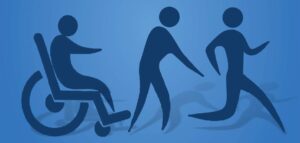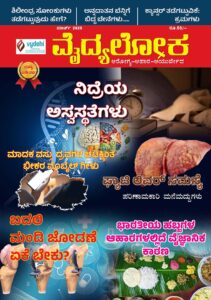Patients with auto-immune diseases should stay connected with their doctor. In these most unpreceded times of Covid-19 patients should incorporate safety measures while visiting clinics and hospitals for necessary treatment procedures and consultations.


Most patients are prescribed immuno-suppressants, which could increase their chances of contracting an infection. However, doctors strongly advice not to discontinue or change medication, and continue with regular consultations with your doctor. Patients are advised to adhere to social distancing norms with all safety measures, while visiting hospitals and clinics. One should not neglect or delay treatment, due to the fear of contracting the virus.
Elderly patients are advised to be particularly careful during these times as they are more prone to health complications. They must exercise regularly in their homes, practice social distancing, wear masks, maintain hand hygiene, take intervention from another family member for replenishing resources and grocery shopping etc. It is of utmost importance to follow precautionary measures anywhere they go.
Patients with auto-immune conditions consult rheumatologist regularly:


As we can’t overlook the exposure to catching the virus, following safety measures while visiting the nearby clinics and hospitals becomes necessary in case there is an urgent need for physical consultation, especially for new patients who seek diagnosis and require extra attention.
Even in these unprecedented times, psoriatic arthritis and ankylosing spondylitis can be best managed with consulting doctors. There is a need to understand that halting the treatment due to the ongoing pandemic is not a solution as this may increase the severity of the existing auto-immune condition. People living with these conditions are advised to not let the disease interfere with their recovery process and have a holistic outlook in disease management.
Also Read: ARTHRITIS – GIVING UP IS NOT AN OPTION
Ankylosing Spondylitis:
1. Early morning pain and stiffness in the lower back that lasts over 45 minutes.
2. Back pain or stiffness in the joints that persists over 90 days even with medication.
3. Sudden shooting pain in the back, joints, hips and thighs.
Psoriatic Arthritis:
1. Often preceded by psoriasis but not necessary
2. Form of inflammatory arthritis causing swelling in fingers, toes, knees and spine, including joint pain and stiffness
3. About 30 percent of people who have psoriasis may develop psoriatic arthritis[1]


Dr. Chandrashekara. S
Professor and Managing Director
ChanRe Rheumatology and Immunology Center and Research
Rajajainagr Bengaluru – 560010












